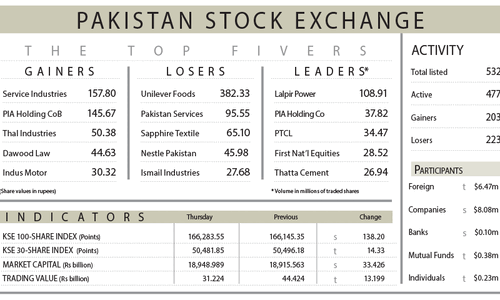ISLAMABAD: Stakeholders have proposed a range of measures to remove obstacles in boosting digital exports from the country.
Speaking at a virtual workshop ‘Toward Achieving Sustainable Regional Integration In Pakistan: Digital Trade and Health Integration’ on Friday, Member Prime Minister’s Taskforce on IT and Telecommunication Pervez Iftikhar suggested tax rationalisation to address the existing digital divide and to promote trade in the Information Communications & Technology (ICT) sector.
The workshop was organised by the Sustainable Development Policy Institute (SDPI) in collaboration with United Nations Economic and Social Commission for Asia and the Pacific (UNESCAP).
While introducing the commission’s initiatives, UNESCAP’s Dr Yann Duval informed the participants that the country study with SDPI on digital exports aims to play a role in facilitating decision makers for prioritising different areas of regional integration in the sector.
SDPI Joint Executive Director Dr Vaqar Ahmed highlighted the eight main areas where policy interventions were required to boost Pakistan’s digital exports. These included addressing any gaps in the legal framework and regulations, investment policy for technology sector; making tax regime consistent across the federation, enabling commercial banks to understand the digital business ecosystem, improving data protection as well as strengthening consumer rights, relaxation in foreign exchange movement for foreign investors, and addressing overall skills and digital literacy.
“Promotion of digital trade products and services should be an integral part of any free trade agreements signed by Pakistan,” Dr Ahmed concluded.
Representing the Institute of Business Administration (IBA) Dr Adil Nakhuda presented that exports for Pakistan’s medical-related products are concentrated on three products and imports tend to be more diversified.
“Pakistan is competitive in limited number of products which limits the level of diversification in exports basket,” Dr Nakhuda said. He further recommended that regular meetings of health ministers must be organised to exchange knowledge on tackling health challenges among neighbouring countries.
Published in Dawn, November 28th, 2020


































